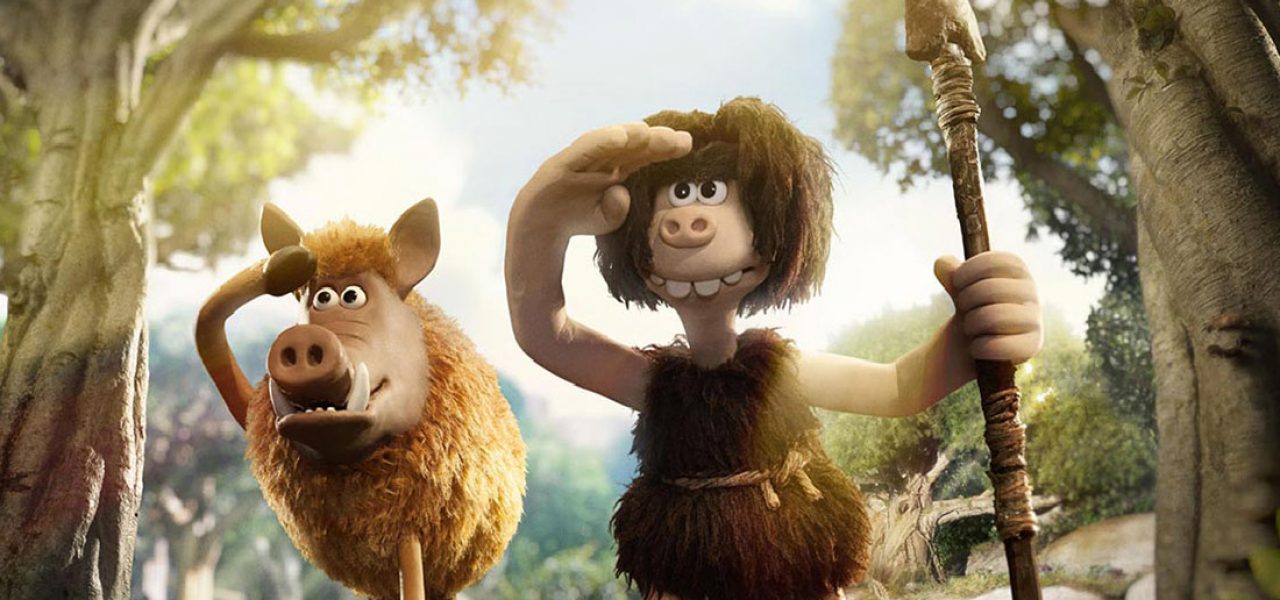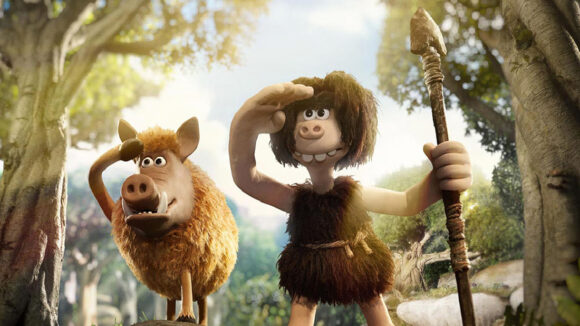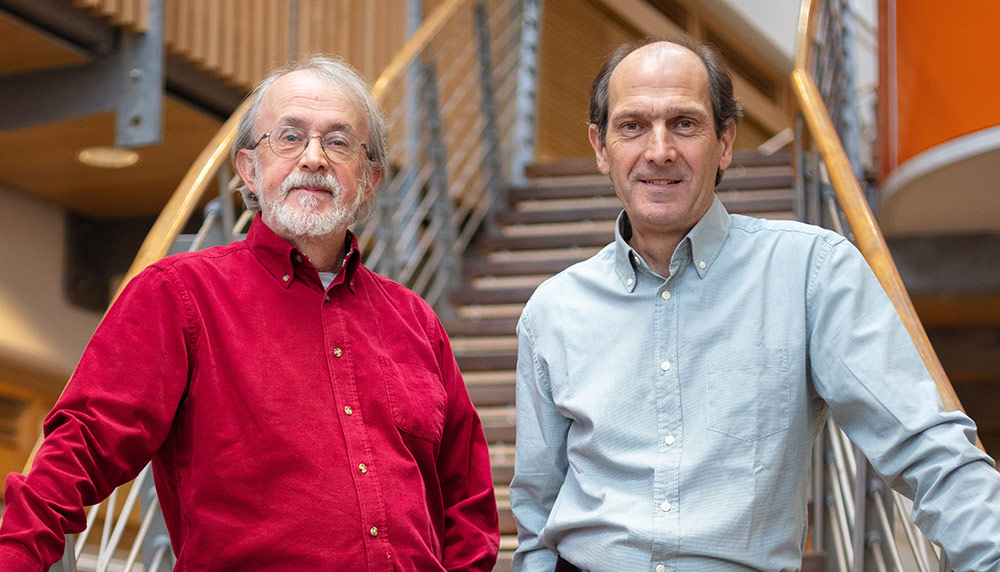

Aardman Founders Give Employees Majority-Ownership Stake In Studio
Peter Lord and David Sproxton, the co-founders of Bristol, U.K.-based Aardman Animations, gave the company’s 140 employees a majority-ownership stake in the company on Friday. It’s a rare move in the animation industry, especially for a company of this scale and with such a storied reputation.
The sale to employees is aimed at ensuring that Aardman remains an independent company, and maintains its legacy and creative culture that have been built over the last 42 years. Explained Sproxton to The Guardian: “In an age of uncertainty there is a sense of security as [our staff] know their job is safe as long as they come up with ideas. If we sold Aardman [to a big studio] it would just become an asset on the balance sheet to be traded. They could say, let’s turn it all over to cgi and shoot it in Singapore.”
The majority of Aardman’s shares — 75% per the Guardian report — will be transferred into a trust, holding them on behalf of the company’s workforce, which is expected to increase to over 300 employees for its upcoming feature productions. The senior management team will remain in their existing roles and will form the executive board, thereby “creating a seamless transition for the company and ensuring creative, cultural and business continuity.”
Sproxton will continue as managing director, but will appoint a new person in the role within the next year, at which point he’ll transition into a consulting role. The new managing director will remain accountable to the employee-owned trust.
Lord meanwhile will remain in his role as creative director with a focus on the company’s feature film output. This includes the upcoming features Shaun the Sheep Movie: Farmageddon, co-directed by Richard Phelan and Will Becher, and Chicken Run 2, currently in development with Sam Fell set to direct.

Lord and Sproxton said in a statement:
“We’re not quitting yet, but we are preparing for our future. This approach, the creation of an employee trust, is the best solution we have found for keeping Aardman doing what it does best, keeping the teams in place and providing continuity for our highly creative culture. And of course, those that create value in the company will continue to benefit directly from the value they create. The statistics show that employee owned companies are significantly more successful than conventionally owned companies. So we are very excited by the prospect of seeing Aardman roll far into the future under this arrangement and can rest easy that those four decades which have slipped by have paved the way for many more years of great creativity.”
The company’s executive board of directors will be comprised of Nick Park (creator of Wallace & Gromit, director of Early Man), Carla Shelley (executive director, feature production), Heather Wright (executive director, partner content), Kerry Lock (finance director), Paula Newport (director, people & culture), Sarah Cox (executive creative director – intellectual property development), and Sean Clarke (executive director, rights & brand management).
The executive board will report to the board of trustees, whose role is to ensure the executive board stays true to the core values of the organization and acts in the interest of its workforce.
“EO [employee ownership] is a perfect way of futureproofing that independent spirit and thinking, and allow us to protect the legacy whilst continuing to nurture new talent and ideas and diversify our storytelling into new areas of theme parks, console games, and interactive content,” said Heather Wright. “I know I can talk on behalf of the whole board of directors in thanking the founders for the opportunity to be asked to be part of the board whom will take the company forward in the next exciting stage of its evolution.”
In 2017, Aardman recorded revenue of £30.7m up from £26.3m in the previous year. Profits before taxes were £2.3m, down from £2.71m the prior year.
The studio has a cash reserve of £18m, which is essential to the ownership transfer. “We are balancing what we are comfortable taking out and what doesn’t stress the company out,” Sproxton told The Guardian. “We have been thinking about this a long time and built up considerable cash reserves so we could do this without borrowing any money.”
This year, the studio paid employees and project-related freelancers who worked for at least three months at the studio an annual bonus based on the year’s draft profits. Core staff were also given an inflation-linked and performance-related pay increase. The company has made a commitment to paying even its lowest-paid employees a Bristol living wage.

.png)